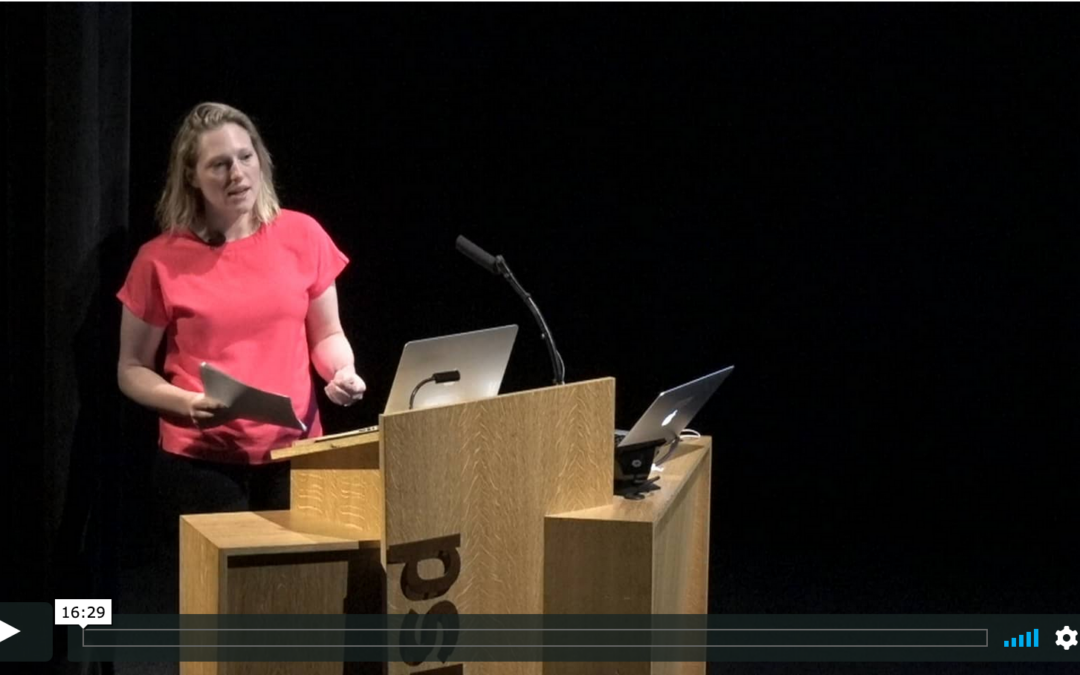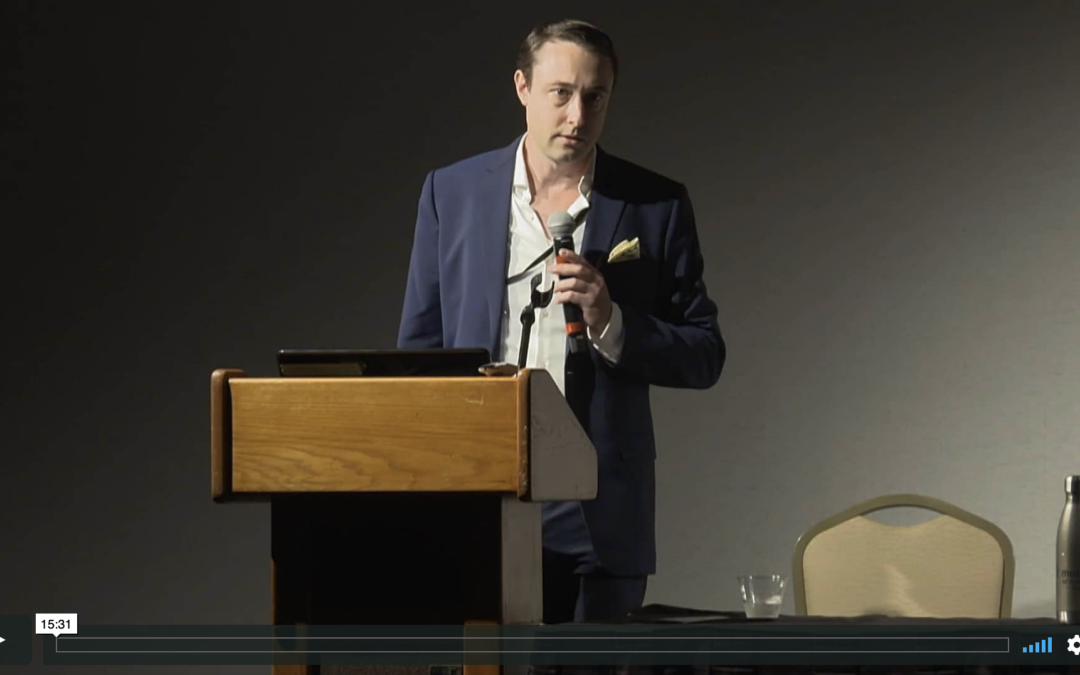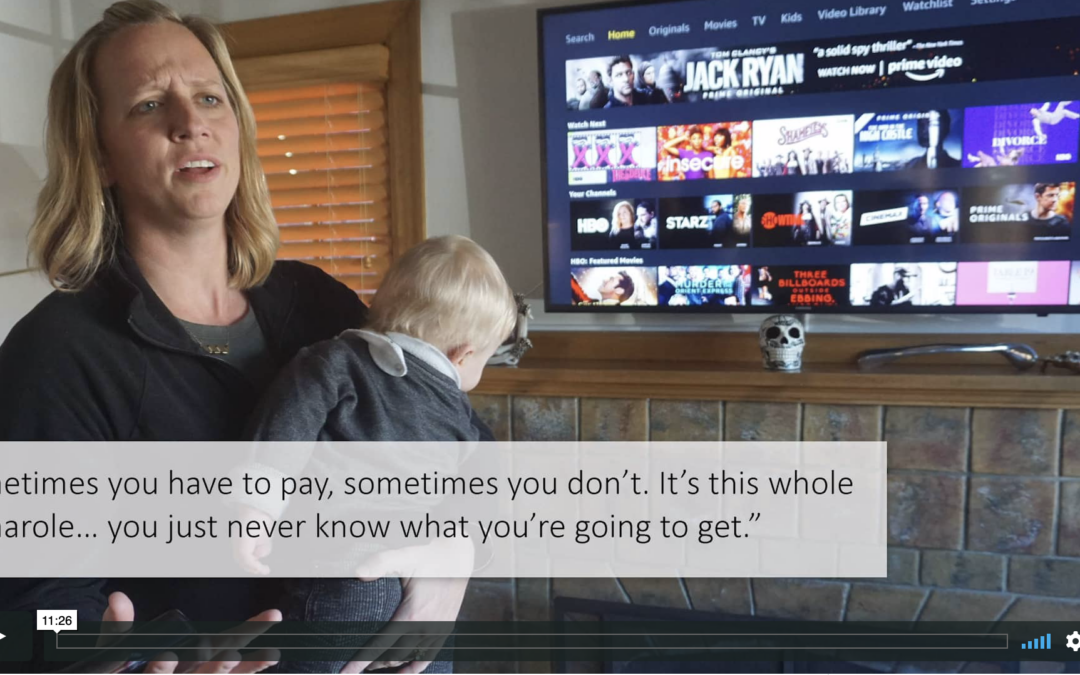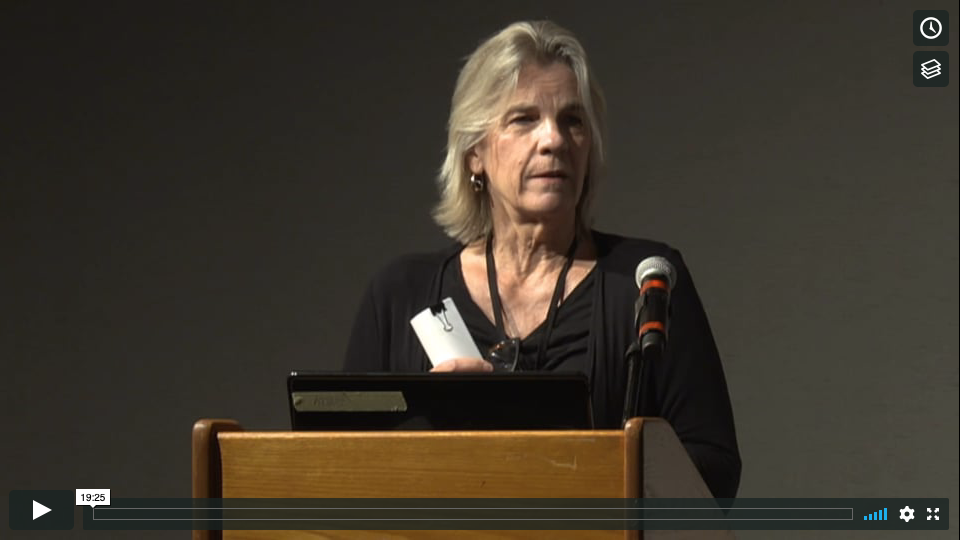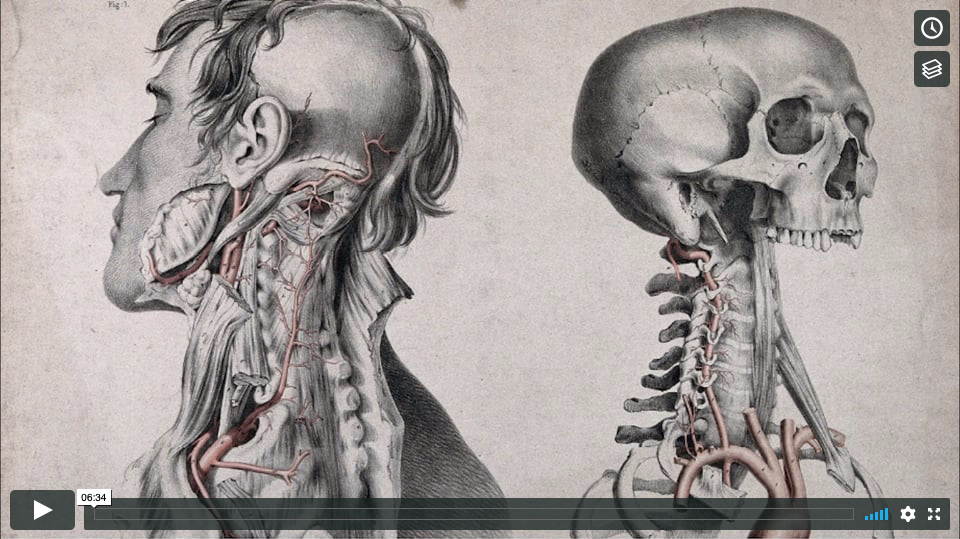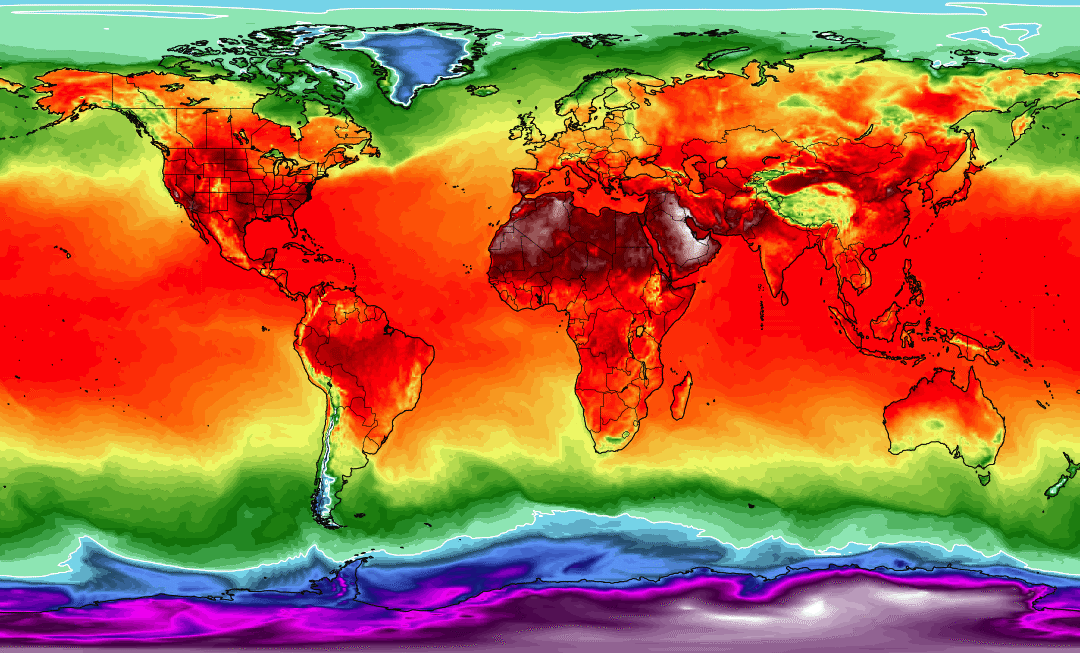This paper argues that ethnographers can gain increased agency in data-driven corporate environments by increasing their quantitative literacy: their ability to create, understand, and strategically use quantitative data to shape organizations. Drawing on the author's experience conducting...
